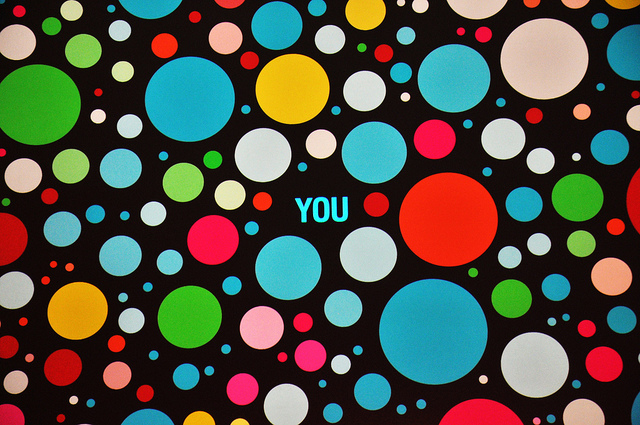The Filter Bubble
Every time you make a selection on a Google search, or click like on a Facebook post, you increase the likelihood of seeing similar items and decrease the chances of seeing items on the opposite side of the spectrum. Google, Facebook, and many other search engines and websites use a variety different things - ranging from your search history to your demographic information to whether you are using a PC or a handheld device - to filter what you see on the internet in hopes of showing you things that you will click on. This can result in an internet experience that does not show you things that are opposed to your point of view, an internet experience that shows you cat videos instead of humanitarian issues. This effect is called the filter bubble: things outside of your “bubble” of preferences (decided by a computer algorithm) are filtered out, so you do not see them.

Photo credit: Gisela Giardino
